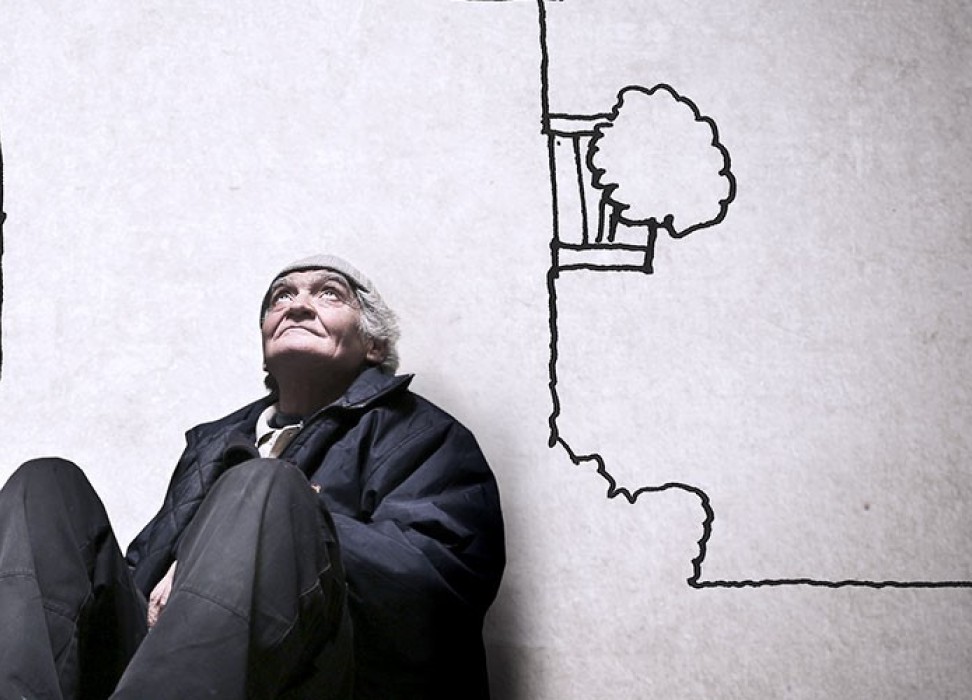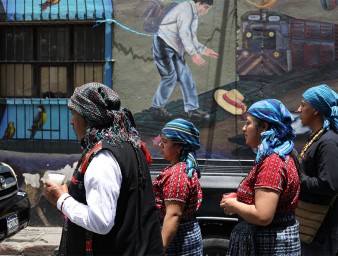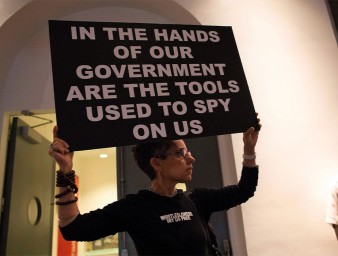Local governments unite to defend and promote human rights
09 July 2019

In their role as direct representatives of the community, local governments are at the forefront of protecting and promoting the human rights of the populations they serve.
At June’s inaugural meeting with UN Human Rights and local governments from around the world, innovative, rights-based approaches and best practices were discussed and shared. The meeting was organised in collaboration with United Cities and Local Governments (UCLG).
Kate Gilmore, Deputy High Commissioner for UN Human Rights chaired the meeting. “At a time when human rights are really under strain, the visionary contribution of elements of governance that are closest to people’s daily lives is essential,” she stated. “Today, if you want to find vibrant, ambitious, transformative leadership for human rights, go urban. Go local. Go close.”
Overpopulated cities, even more inequalities
Today, more than half of the world’s population live in cities, with populations of many major cities around the world far outnumbering the size of many countries. Recent UN data projects that by 2050, almost 70% of people will live in cities.
As cities become more overpopulated, without human rights, economic disparities will only increase, causing violations of the rights to food, housing, water and sanitation and unequal access to health and education services.
People in situations of vulnerability, such as older people, homeless, migrants and minorities, have their civil, economic, political, social and cultural rights under even more threat.
1.8 billion people are living in homelessness and inadequate housing. “Housing is the most pressing social issue and human rights issue facing cities,” said the UN expert on the right to housing, Leilani Farha.
She urged cities present at the meeting to adopt concrete rights-based housing strategies, under their commitments to international human rights law. Such strategies include adopting charters or by-laws specifically recognising housing as a human right; imposing a moratorium on forced evictions; treating homeless people as rights holders not as charity beneficiaries or criminals; and curbing the ‘financialisation’ of housing through tax and regulatory frameworks.
“If cities continue to stand up and recognise housing as a human right, and challenge other interpretations of housing, our cities will be sustainable, diverse and vibrant,” she concluded.
Bringing human rights home: the crucial role of local governments
The role of local governments to prevent disparities, inequalities and promote and protect human rights is now therefore becoming more critical than ever. Their actions are crucial to maintain civic space and freedom of expression, to ensure access to basic services and to improve urban planning.
In Utrecht, the Netherlands, Barcelona, Spain and Vienna, Austria, local governments have put in place concrete measures to address non-discrimination, inequalities and social inclusion of migrants and refugees.
“We have placed our constituents at the heart of our decisions,” said Mr Job Théophile Kwapnang, the Mayor of Douala 3, a district of the capital of Cameroon. “We have neighbourhood organisations, to identify the needs of each neighbourhood. We also have continuous dialogue with youth associations, which is critical to ensure everyone has a voice and is heard.”
Mexico City has adopted a new city constitution that includes human rights with a particular focus on a number of priority groups, namely, women, older persons, children, persons with disabilities, refugees, migrants, homeless persons and LGBTI communities.
And the city of Gwangju, in Republic of Korea, has been a leading ‘human rights city’ with the local government working for decades to establish human rights institutions and ombudsmen. They created the country’s first Human Rights Office, developed indicators to measure human rights conditions and implement policy, and have also expanded human rights education. Mayor Lee Yong-Seop described its human rights charter, the first in Asia, which defines the values of human rights that urban communities should pursue.
Despite progress, local governments as human rights defenders under attack
In a climate where human rights defenders are increasingly under attack, local governments who are protecting human rights are not immune.
For Deputy Mayor of Paris, Patrick Klugman, “the more local democracy expands, the more it is under threat.” With many local representatives killed, threatened or in danger around the world, the city of Paris has initiated the idea of an ‘observatory of local governments’ to monitor attacks on local government representatives, and protect and defend their human rights at the international level.
An ongoing dialogue
As a follow up to this inaugural consultation, UN Human Rights will ensure a continuous dialogue with the participants in order to support local governments to protect and promote human rights.
A UN Human Rights report will also be presented at the upcoming September 2019 session of the Human Rights Council. The Council will discuss effective methods to foster cooperation between local governments and local stakeholders, as well as challenges and best practices.
9 July 2019



